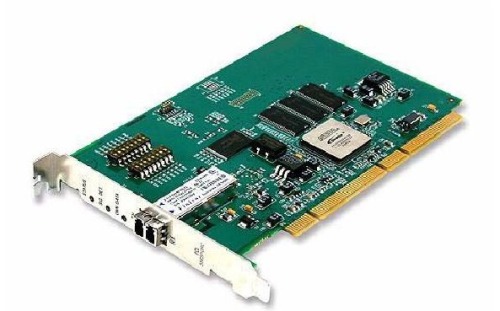Introduction: The reflective memory network is a special type of shared memory system designed to allow multiple independent computers to share a common data set. The reflective memory network can hold independent backups of the entire shared memory in each subsystem. Each subsystem has full and unrestricted access and can modify local data sets with extremely high local memory write speeds.

The reflective memory network is a special type of shared memory system designed to allow multiple independent computers to share a common data set. The reflective memory network can hold independent backups of the entire shared memory in each subsystem. Each subsystem has full and unrestricted access and can modify local data sets with extremely high local memory write speeds.
Reflective memory is a technology that provides highly efficient data transmission between interconnected computing machines through process LANs. Strong real-time collection and design staff has increasingly adopted this type of technology. The concept of reflective memory real-time local area network is very simple. It is to design a kind of aggregating memory board to achieve memory-to-memory communication in a distributed system, and there is no software startup and cancellation.
Reflected memory can be used in all applications that use Ethernet, Fibre Channel, or other serial networks to connect computers or programmable logic controllers, but not all applications.
Operating Systems and Independent Processors Reflective memory hardware is now available in VME, PCI/PCI-X, PMC, PCI Express, and other formats. This allows separate reflective memory networks to connect different buses.
An embedded single board computer (VME or CompactPCI) with a PMC slot uses the reflective memory PMC board to offload traffic on the host backplane.
Users can configure high-speed networks where all desktop workstations, single-board computers, or servers can be shared directly from any computer with a CompactPCI, PCI/PCI-X, PCI Express, VMEbus slot, or PMC slot information. Even if the connection uses computers in different byte formats (large-endian and little-endian), byte swapping is not a problem in reflective memory systems.
PCI-based reflective memory boards contain specially designed hardware for byte swapping. The hardware provides fast, efficient, repeatable bidirectional conversions.
In addition, the conversion of large-endian and little-endian types does not suffer from protocol overhead or time loss. Reflective memory also has ease of use and does not need to worry about the operating system and the devices it uses.
Medium Voltage Soft Starter,High Voltage Soft Starter,10Kv Voltage Soft Starter,6Kv Voltage Soft Starter
Jinan Xinyuhua Energy Technology Co.,Ltd , https://www.xyhenergy.com